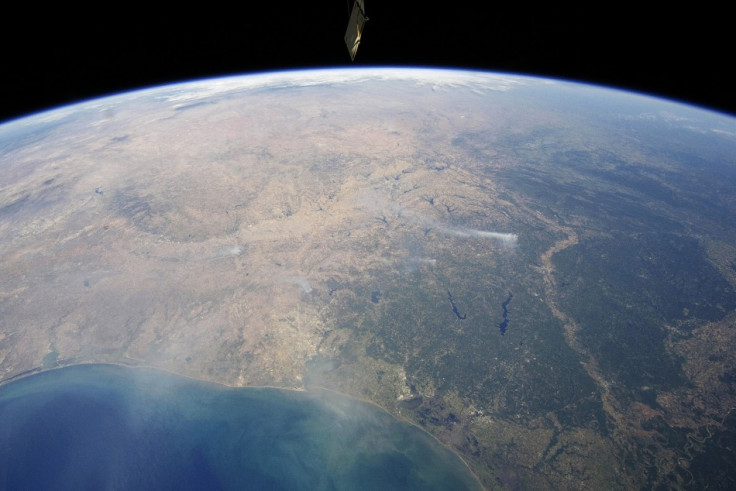Sorry, Stephen Hawking, Nasa scientist glum about finding life beyond Earth

Not to fly in the face of Stephen Hawking's dreams, but a leading American Nasa scientist isn't too optimistic about the prospects of finding life beyond Earth.
"Sciences are being unified by the search for life in the universe," said John Grunsfeld, associate administrator for science at Nasa, but "life outside of earth is probably going to be really hard to find. We can't even agree on a definition of what life detection is."
Grunsfeld made his observation after Nasa scientists previewed various space missions to find life off earth, including the use of spacecraft, landers, and the collection of air and soil samples from Jupiter to Mars to asteroids.
Still he holds out some hope. He noted that future Mars missions will offer a better chance of finding anything than the Curiosity rover, which continues to explore Mars and recently discovered water beneath the surface. The European Space Agency's ExoMars mission, planned for 2018, will have a lander with a "deeper drill than any lander" to date, capable of reaching down into the Martian crust where the deadly radiation that bombards the planet would not be as able to affect life, he tells the Guardian.
Frozen water beneath surfaces may be able to harbour life, but "these are challenging places to get to," he said.
"On future missions we're going to look more toward what kind of instruments could detect life," Grunsfeld added. "A DNA sequencer for instance might fail miserably even if it were surrounded by extant Martian life."
© Copyright IBTimes 2025. All rights reserved.






















